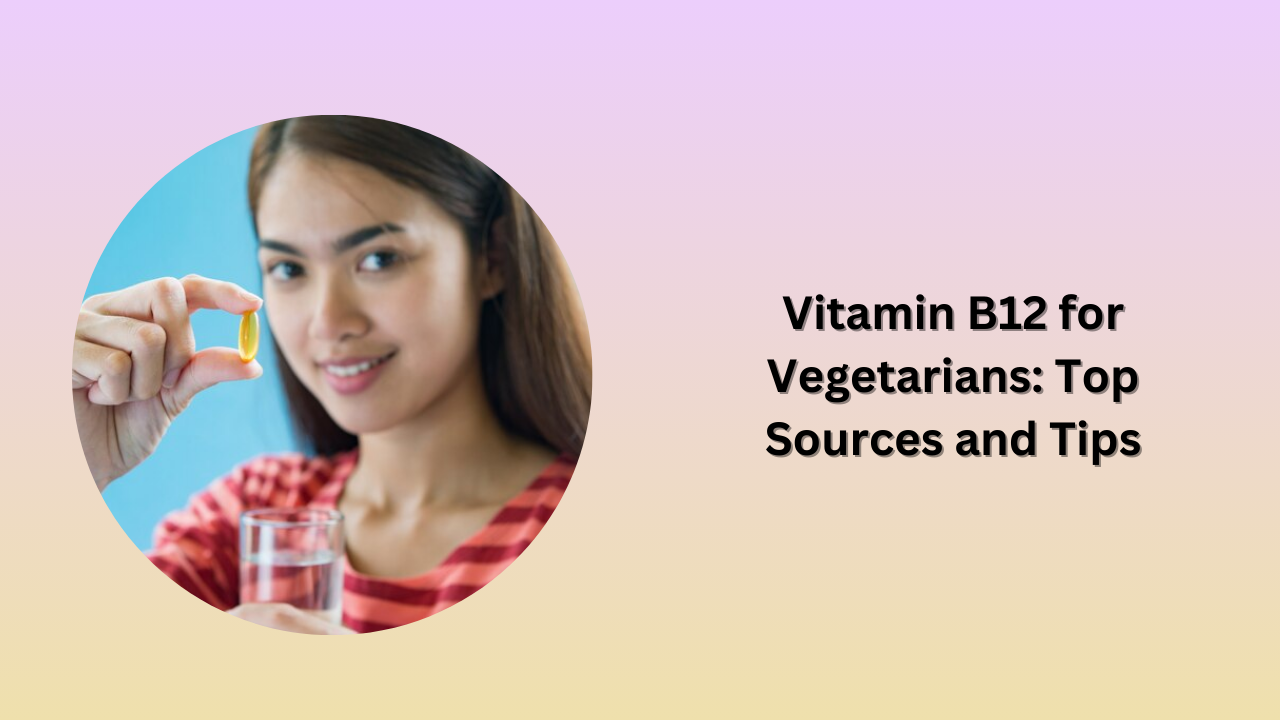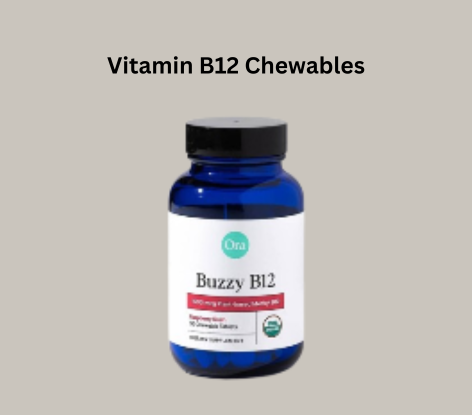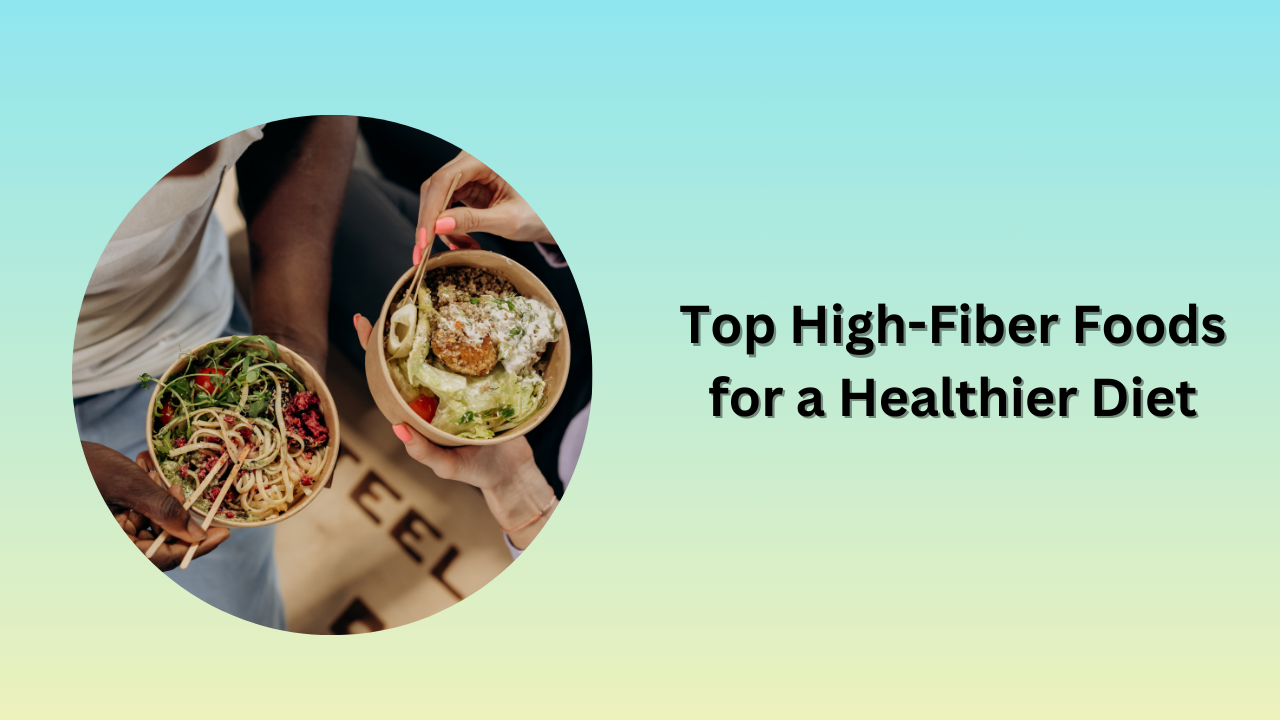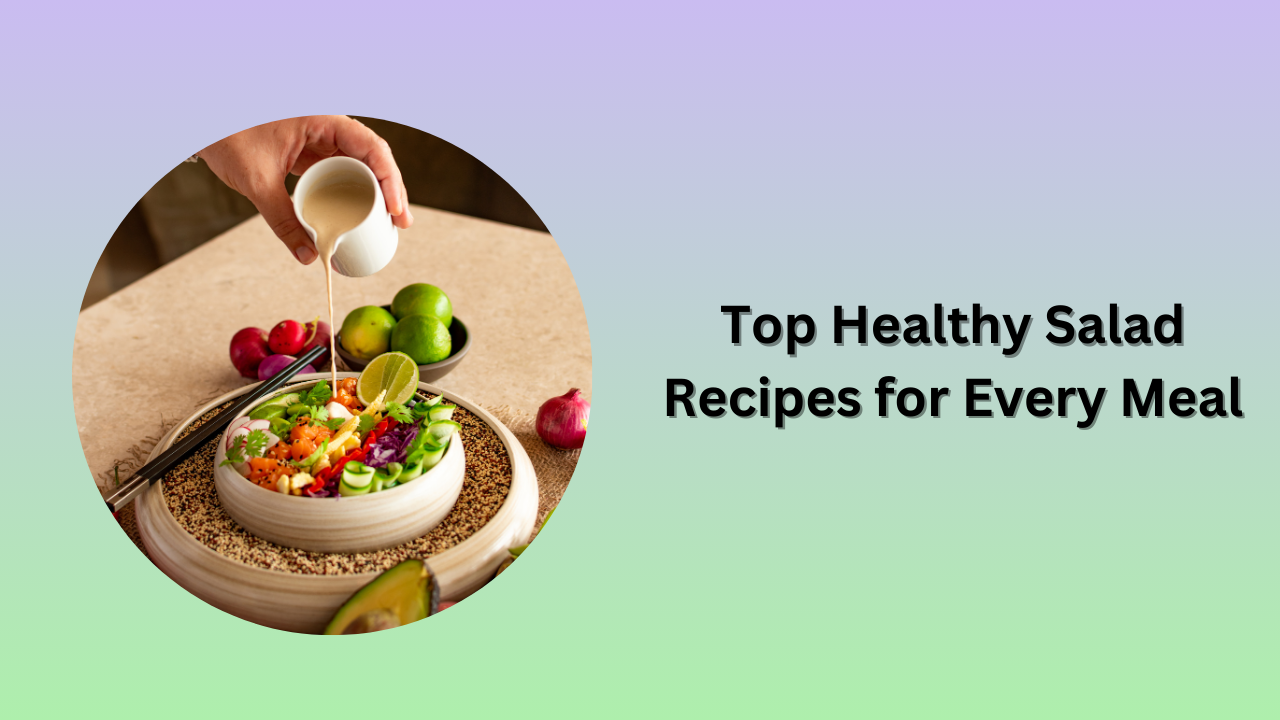Finding vitamin B12 for vegetarians can be tricky since it’s mostly in animal products. However, certain fortified foods and supplements can help vegetarians meet their B12 needs. In this guide, we’ll explore vegetarian foods rich in vitamin B12, ensuring you can maintain optimal health while adhering to a plant-based diet.
What is B12 and why is it necessary?
Vitamin B12 is crucial for several crucial functions in the body. It helps with:
- Red blood cell production: B12 is crucial for forming red blood cells, which transport oxygen throughout your body.
- Nervous system health: It plays a critical role in maintaining myelin, a protective sheath around nerves, which is essential for proper nerve function.
- DNA synthesis: B12 is essential for producing DNA, which is crucial for cell division and overall health.
A vitamin B12 deficiency can lead to anemia, fatigue, neurological issues, and other serious health problems. Thus, ensuring an adequate intake, especially for those following a vegetarian or vegan lifestyle, is crucial.
- Supports brain & heart health with 1,500 mcg of bioactive B12
- Delicious raspberry-flavored chewable tablets
- Organic, vegan, and free from artificial fillers or flavors
- Boosts energy, mental clarity, and cardiovascular wellness
- Convenient, clean, and effective nutrition
Vegetarian Food Sources of Vitamin B12
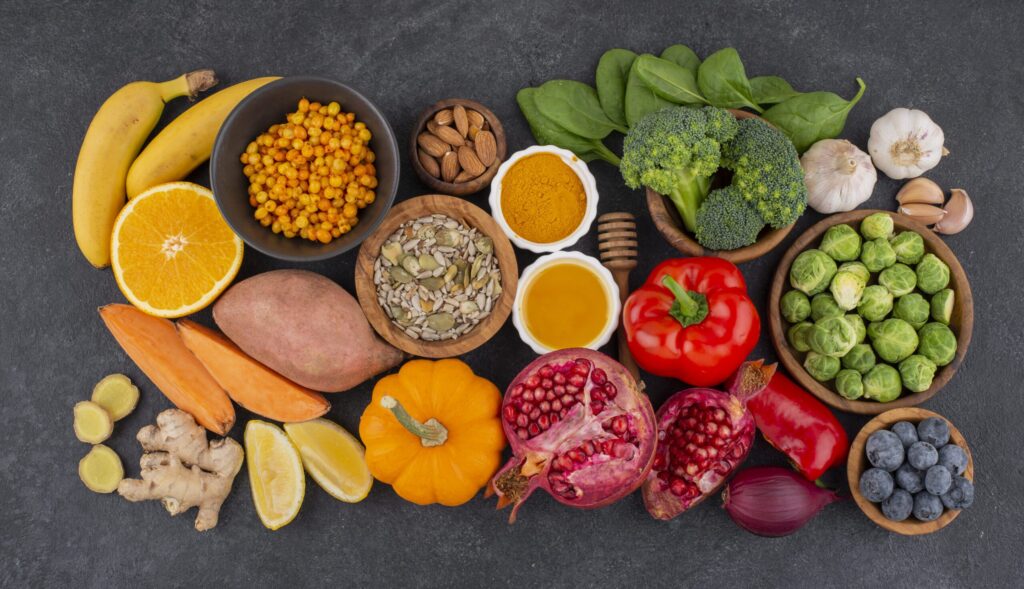
Fortified Foods
Many food manufacturers fortify their products with B12, making it easier for vegetarians to boost their intake. Here are some common options:
Plant-Based Milk Alternatives
- Soy Milk
- Almond Milk
- Oat Milk
Most fortified plant-based milks contain significant amounts of B12, making them an excellent addition to breakfast or smoothies.
Breakfast Cereals and Nutritional Yeast
- Fortified Cereals: Many breakfast cereals are fortified with B12—just check the label!
- Nutritional Yeast: This vegan favorite not only adds a cheesy flavor to dishes but is often packed with B12. Sprinkle it on popcorn, pasta, or salads for a nutrient boost.
Did You Know? All nine essential amino acids are present in nutritional yeast, making it a complete protein!
Dairy and Eggs
If you’re a lacto-ovo vegetarian—someone who consumes dairy products and eggs—you have some delicious options to get your B12.
Dairy Products
- Milk
- Yogurt
- Cheese
These dairy staples are good sources of calcium and protein and contain ample B12. Enjoy a bowl of yogurt with berries or add cheese to your meals.
Eggs
Eggs, particularly the yolks, are another source of vitamin B12. Whether scrambled, boiled, or poached, they’re a versatile ingredient for any meal.
Specialty Products
If you’re trying to increase your B12 intake, consider these specialized options:
B12 Supplements
- Cyanocobalamin and Methylcobalamin: These are popular B12 supplements available in pill or sublingual spray forms. Before starting any supplement regimen, make sure to consult with a healthcare professional.
B12-Enriched Foods
Some foods specifically state they are enriched with B12, such as certain types of tofu and tempeh. Check health food stores for these products.
Tips for Enhancing B12 Absorption
- Pairing with Vitamin C: Eating vitamin C-rich foods (like oranges and bell peppers) alongside B12 foods may enhance absorption.
- Regular Testing: Regularly check your B12 levels, especially if you’re on a strict vegetarian or vegan diet.
- Consult with a Healthcare Provider: If unsure about your B12 intake, speak with a healthcare provider or a registered dietitian for personalized guidance.
Conclusion
Maintaining adequate vitamin B12 levels is essential for everyone, especially those following vegetarian diets. By exploring fortified foods, dairy, and eggs, and considering supplements, you can ensure your body receives the B12 it needs to function optimally. So, next time you plan your meals, get creative with these vegetarian sources of B12.
Takeaway Message: Even if you’re not consuming animal products, you can keep your B12 levels healthy. Stay informed, and stay nourished!
Don’t forget to check the product labels and consider speaking to a healthcare provider to develop a dietary plan that works for you. Happy eating!
Sources for Further Reading:
National Institutes of Health – Vitamin B12>>>
Vegetarian Resource Group – B12 Information>>>
Remember to subscribe for more health tips and guidance!
